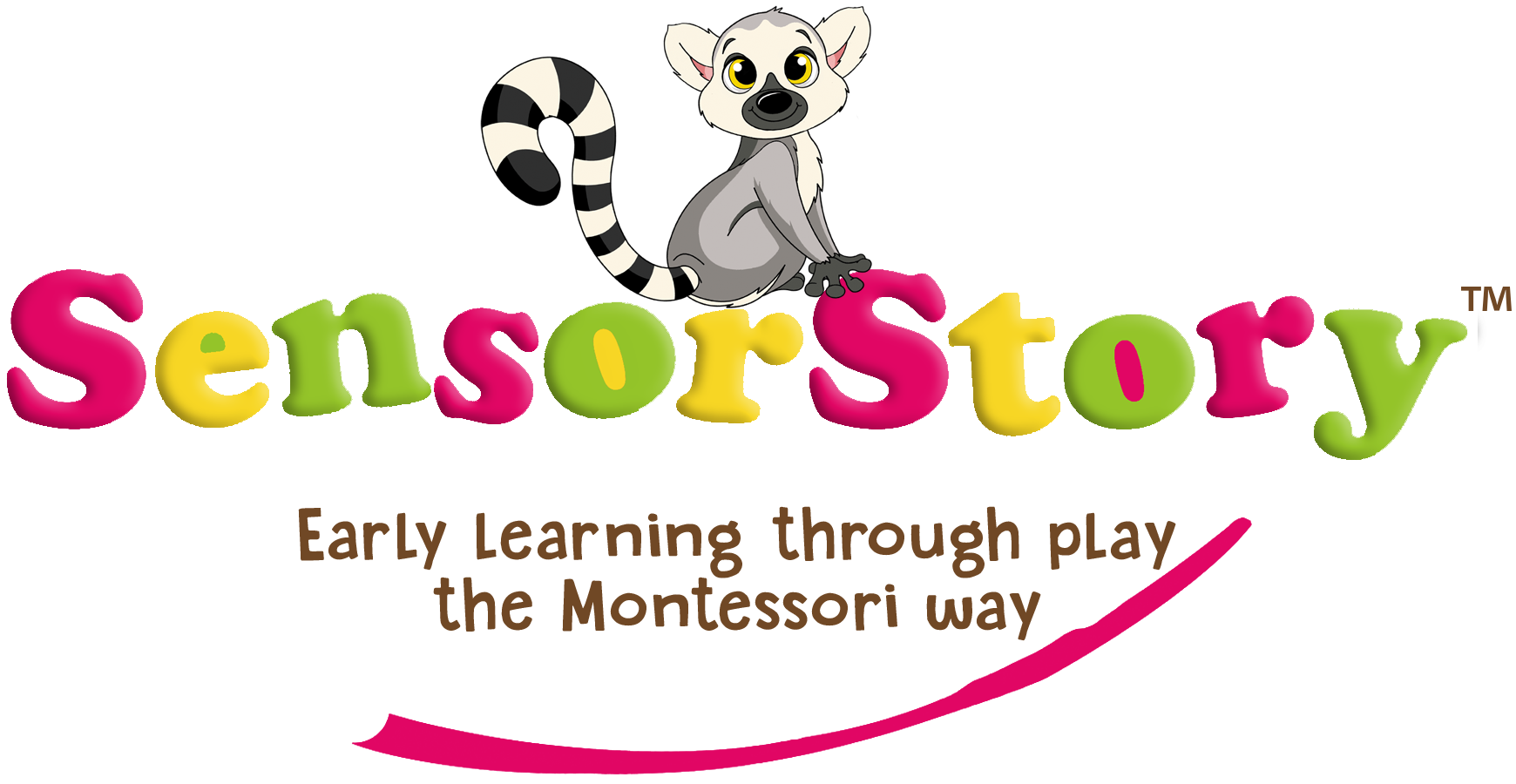The Montessori method is considered to be autism-friendly due to its individualised and child-centered approach to education. While Montessori itself is not specifically designed for children with autism, many aspects of the Montessori environment and teaching methods align well with the needs and preferences of children on the autism spectrum.
Here are some of the reasons why Montessori is considered autism friendly:
1. Individualised Learning:
Montessori classrooms emphasise individualised learning, allowing each child to progress at their own pace. This flexibility is beneficial for children with autism, who may have different learning styles and rates of development.
2. Structured Environment:
Montessori classrooms are organized and structured, providing a predictable environment. Many children with autism thrive in environments with clear routines and visual cues, making the Montessori setting supportive for them. Montessori environments are also calm and peaceful, helping to prevent overwhelm.
3. Sensory Materials:
Montessori materials are designed to engage multiple senses. This multisensory approach can be beneficial for children with autism who may have sensory sensitivities or preferences. The materials also offer concrete and hands-on learning experiences.
4. Focus on Independence:
Montessori encourages children to develop independence and practical life skills. For children with autism, fostering independence can be empowering and contribute to their overall development.
5. Respect for Individual Differences:
Montessori philosophy values and respects each child's unique qualities. This inclusivity aligns with the idea of recognizing and appreciating the diverse strengths and challenges of children with autism.
6. Social Skills Development:
Montessori classrooms often promote social interaction and collaboration, which can be beneficial for children with autism to practice and improve social skills. However, the emphasis on individual work also respects the need for personal space and independent activities.
7. Language Development:
Montessori materials and activities are designed to support language development. For children with autism who may have challenges in communication, the language-rich environment and hands-on materials can offer opportunities for language acquisition and expression.
8. Transition Support:
The Montessori three-period lesson (preparation, work, and rest) provides a structured routine that can aid in transitioning between activities. Predictable transitions can be particularly beneficial for children with autism who may benefit from a clear and consistent schedule.
9. Flexible Learning Spaces:
Montessori classrooms often have flexible learning spaces that allow for movement and various workstations. This adaptability can accommodate the sensory needs and preferences of children with autism, providing options for both quiet and active engagement.
However, it's essential to note that the effectiveness of any educational approach for a child with autism can vary based on the child's individual needs, the specific characteristics of their autism, and the support provided by teachers and the school. Some children with autism may benefit from the structure and sensory aspects of Montessori, while others may require additional support or accommodations.
Before enrolling a child with autism in a Montessori program, it's important for parents to visit Montessori schools, observe the classrooms, and have open communication with teachers and administrators. and is advisable for parents to discuss their child's specific needs and challenges with the school staff. Collaborating with teachers and creating an individualized plan can help ensure that the child receives the appropriate support within the Montessori framework.
